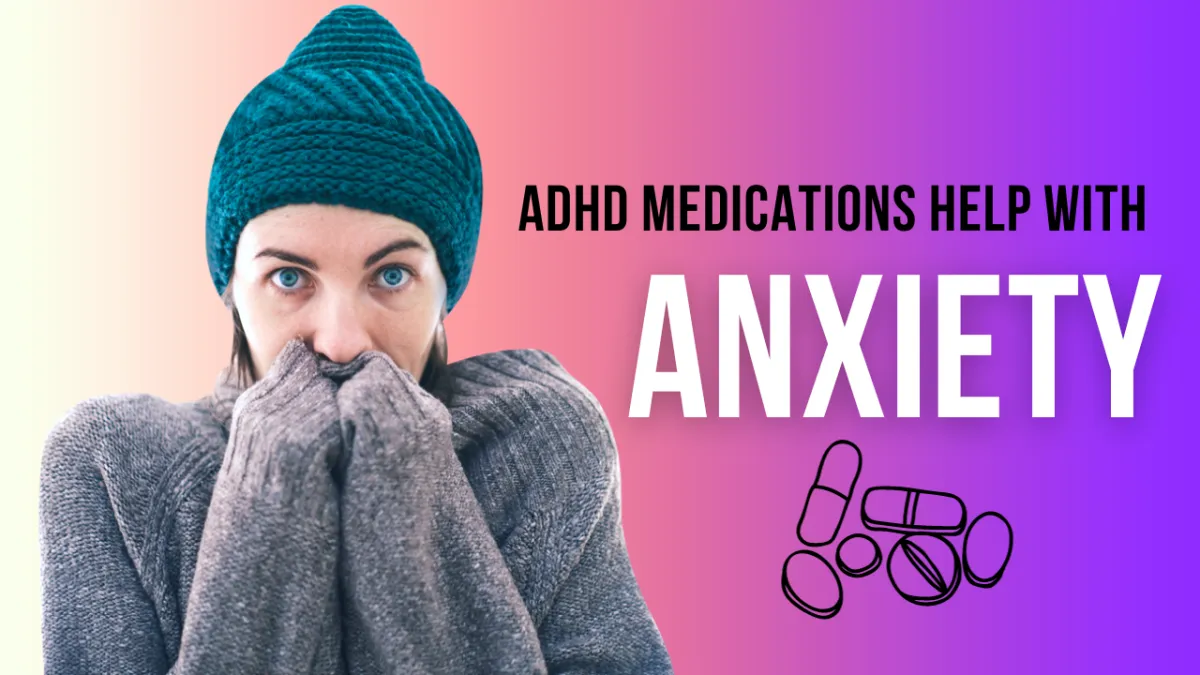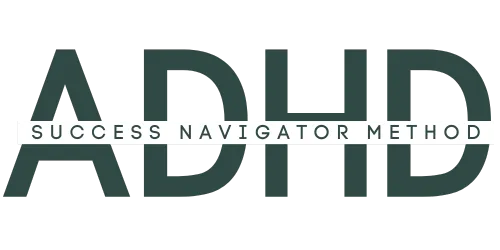Videos To Learn More About US
Enroll in one of our online coaching camps to strengthen your relationship with a collaborative learning approach...
Discover our interactive programs designed to foster growth, understanding, and success, right from the comfort of your own home.
ADHD Success Navigator Method
Base Camp
Discover empowerment at our Base Camp designed for children ages 5 and 6, where no assessment is needed.
Parents are equipped with effective tools and strategies to support their child's unique journey with ADHD, fostering growth and building a foundation for lifelong success.
ADHD Success Navigator Method Youth Camp
Empower your child's journey with ADHD through our Youth Camp, designed to equip parents with the tools and strategies needed to support and nurture their children aged 7 to 18.
Join us as we guide you in fostering growth, resilience, and success together.
ADHD Success Navigator Method
Boot Camp
Enroll in our ADHD Boot Camp for adults and partners navigating ADHD challenges together.
Gain the tools and insights needed to strengthen relationships, enhance mutual understanding, and achieve personal growth and success.
Testimonials
"ADHD Learning Pathways has been a game-changer for me. I used to struggle with staying organized and managing my time at work. Now, I'm excelling in my career and personal life. Thank you, ADHD Learning Pathways!"

RON
"He is now earning all A’s and B’s in school, is completing all classwork in class, is completing most homework assignments in class, and best of all, he is retaining the information and able to recall. On top of that, his social skills have greatly improved as well as his physical abilities"

SUE
ADHD Learning Pathways Blogs

Can ADHD Medications Help with Anxiety?
Can ADHD Medications Help with Anxiety?
At ADHD Learning Pathways, we understand that the journey of helping a loved one with ADHD can be challenging, especially when they also struggle with anxiety. In this comprehensive article, we will explore the relationship between ADHD medications and anxiety, providing valuable insights and information that can guide you towards a more informed decision-making process.
Understanding ADHD and Anxiety:
ADHD, or Attention Deficit Hyperactivity Disorder, is a neurodevelopmental condition that affects individuals' ability to focus, control impulses, and regulate their behavior. It often coexists with other conditions, with anxiety being one of the most common companions. It's crucial to recognize the interplay between these two conditions to effectively address them.
The Impact of ADHD on Anxiety:
Individuals with ADHD may experience heightened levels of anxiety due to several factors:
1. Difficulty Staying on Task:
ADHD often leads to difficulty in staying on task, which can result in increased stress and anxiety, especially in academic or work settings.
2. Easily Distracted:
ADHD individuals are easily distracted by their surroundings, which can contribute to heightened anxiety, as they may constantly feel overwhelmed by external stimuli.
3. Trouble with Sequential Instructions:
Following sequential instructions can be challenging for those with ADHD, leading to a sense of frustration and anxiety when tasks become complex or multi-step.
ADHD Medications and Anxiety:
Now, let's delve into the topic of ADHD medications and their potential impact on anxiety. ADHD medications are primarily designed to improve focus, impulse control, and overall executive functioning. While they may not directly target anxiety, their effectiveness in managing ADHD symptoms can indirectly alleviate anxiety-related issues.
Types of ADHD Medications:
There are two main categories of ADHD medications: stimulants and non-stimulants.
1. Stimulant Medications:
Stimulant medications, such as methylphenidate and amphetamine-based drugs, are commonly prescribed for ADHD. While it may seem counterintuitive, stimulants can often help reduce anxiety in individuals with ADHD. They enhance the brain's ability to focus, making daily tasks more manageable and less anxiety-inducing.
2. Non-Stimulant Medications:
Non-stimulant medications, like atomoxetine and guanfacine, are alternative options for those who cannot tolerate stimulants. These medications also aim to improve ADHD symptoms, potentially providing relief from associated anxiety.
Personalized Treatment Approach:
It's crucial to understand that there is no one-size-fits-all solution when it comes to treating ADHD and anxiety. Each individual is unique, and their response to medications can vary. Therefore, a personalized treatment approach is essential.
Consultation with a Medical Professional:
We strongly recommend consulting with a medical professional who specializes in ADHD and related conditions. They can evaluate the specific needs of your loved one and recommend the most suitable treatment plan, which may include medications, therapy, or a combination of both.
Addressing Co-Existing Conditions:
In some cases, anxiety and ADHD may require separate interventions. A comprehensive treatment approach may involve therapy, lifestyle changes, and mindfulness techniques to address anxiety while also managing ADHD symptoms effectively.
In conclusion, ADHD medications can indeed play a significant role in managing both ADHD symptoms and associated anxiety. However, it's essential to approach treatment with care and under the guidance of a healthcare professional. The goal is to improve your loved one's quality of life, enhance their learning abilities, and reduce anxiety, ultimately empowering them to reach their full potential.


